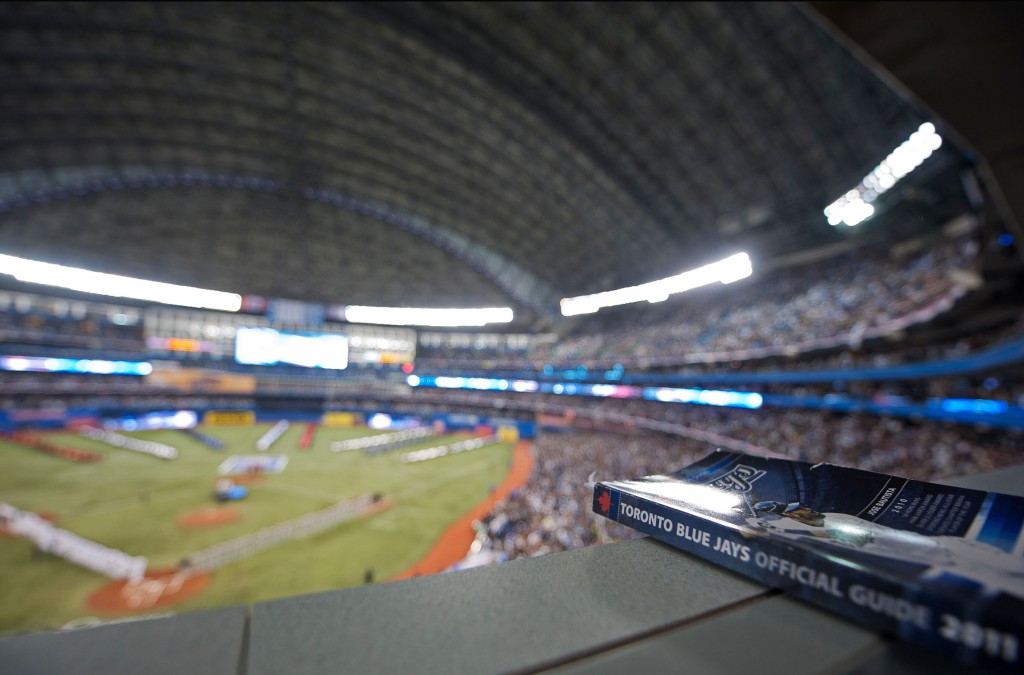Writing about live sporting events
One of the biggest hurdles for budding sports journalists is changing the way they watch the sports they cover. While the biggest challenge is controlling internal biases to provide a levelheaded view on an intrinsically emotional game, that is a topic best served by its very own blog post.
Today, we’ll be covering three tips to get the most out of a live sporting event and how to best package that for your readers.
Take Your Eyes Off the Ball!
Naturally, regardless of the sport, we are trained follow the ball. However, a surprisingly large amount of the game takes place nowhere near it.
The setting of picks and off-ball screens in basketball can provide a myriad of information while the point guard is idly dribbling in one spot. The infield shift in baseball can be infinitely more important than the pitcher shaking off his catcher’s third sign. In football, following the ball leads to complete ignorance of what 20 of the 22 men on the field are doing.
Train yourself to watch different players at different points of the game. Focus on a defensive end/offensive tackle matchup. Watch how the center posts up his defender in anticipation of a pass that may never come. Notice the infielder hustle to back up a throw that he hopes will never get to him. You’ll learn more about the game and have more to tell your readers!
If you’re credentialed to the game, this can lead to some great interviews. While the “pack” may be focused on the quarterback or the defensive back who made that great pick, you can feel comfortable interviewing people no one else knows had an impact on the game.
Moreover, you’ll build relationships with the more unheralded members of the team and find some interview gems that no one would have guessed.
Balance Immediacy with Thoroughness
You want to provide the best possible information for your reader. Great! But, what about the thousands of readers who will never read your article because they have moved on before you got around to your second run through of your DVR’d game?
Wanting to study your subject is an amazing trait to have and Bleacher Report values that very much. However, if you’re still studying and miss the pop quiz, what good is it?
I pattern my own coverage on the professionals I look up to. After the locker-room session and press conferences, most reporters file back up to the press box to write their initial reports. Often, that initial report will be web only while a more comprehensive report will make it into the paper the next morning.
The next day, the best reporters will back up and do a film study, analyze the deeper stories and give their readers even more information than they did initially.
It isn’t more work, it’s just the same amount of work divided up into more digestible chunks. You’ll give your readers all the info they deserve and you’ll reach more readers with your phenomenal insights.
Be Yourself and Be Unique
Put yourself in your reader’s shoes. They just watched the same game you did. The overwhelming majority of them don’t need you to tell them what happened. They know. Instead, tell them why it happened, and how.
You’ll be providing your readers with perspective they might not get elsewhere and your opinions will make your story unique.
Just do what you know and don’t pretend to know what you don’t. If you aren’t an X’s and O’s guy, don’t act like one. Your readers are smart and many of them are X’s and O’s guys.
Find another way to reach your readers and tell your story. Quote some excellent commentary from Twitter. Tweet questions to the beat writers and post their responses (just remember to cite). You’ll be giving your readers some great insight. Don’t worry that you need the help, you’ll also be learning.
If you give someone the same story they can read elsewhere, they won’t come back. Give them quality content that they can only find with you and they’ll come back again and again.
* * *
Michael Schottey is an Associate NFL Editor at Bleacher Report.
-
http://www.emphericalevidence.com/ Empherical Evidence
-
Ken Kraetzer


